Exact Answer: 10-14 Years
Cockatiels are one of the most popular pet birds. It is also known as the miniature cockatoo, quarrion, or weero, and are prized as household companion parrots all over the world.
They are small crested parrots native to Australia. They have an average size of 12 to 14 inches long and are quite easy to breed. These loving, loyal, intelligent, and affectionate birds bond very closely with their owners.
Tamed cockatiels are known to demand attention from their owners regularly. They, therefore, require a few hours of quality time with people. It is usual for a cockatiel owner to make sure its bird’s lifespan is a long as possible.
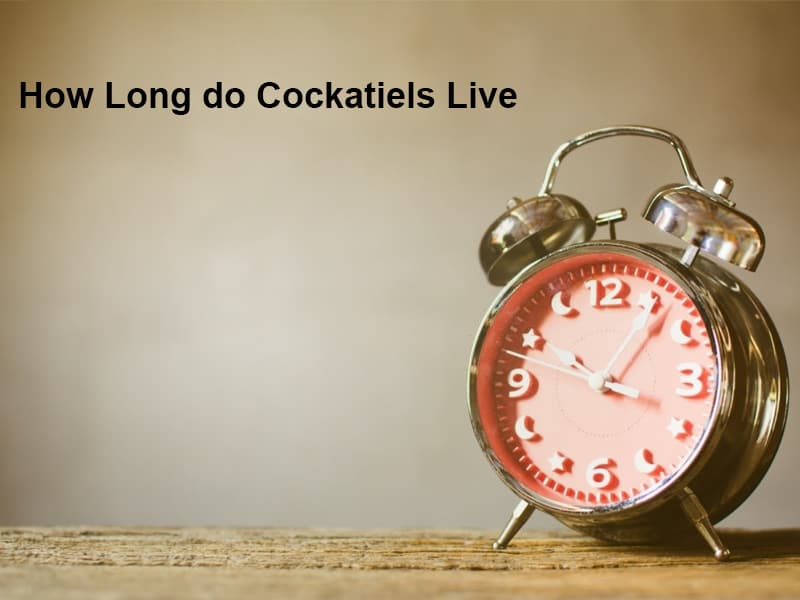
How long Cockatiels Live
Wild cockatiels may live anywhere from 10 to 14 years. In contrast, tamed cockatiels have been known to live longer with a lifespan of 20 to 29 years. Cockatiels in captivity can live up to 36 years.
| Cockatiels Type | Lifespan |
| Wild cockatiels | 10 to 14 years |
| Tamed cockatiels | 20 to 29 years |
| Cockatiels in captivity | 36 years |
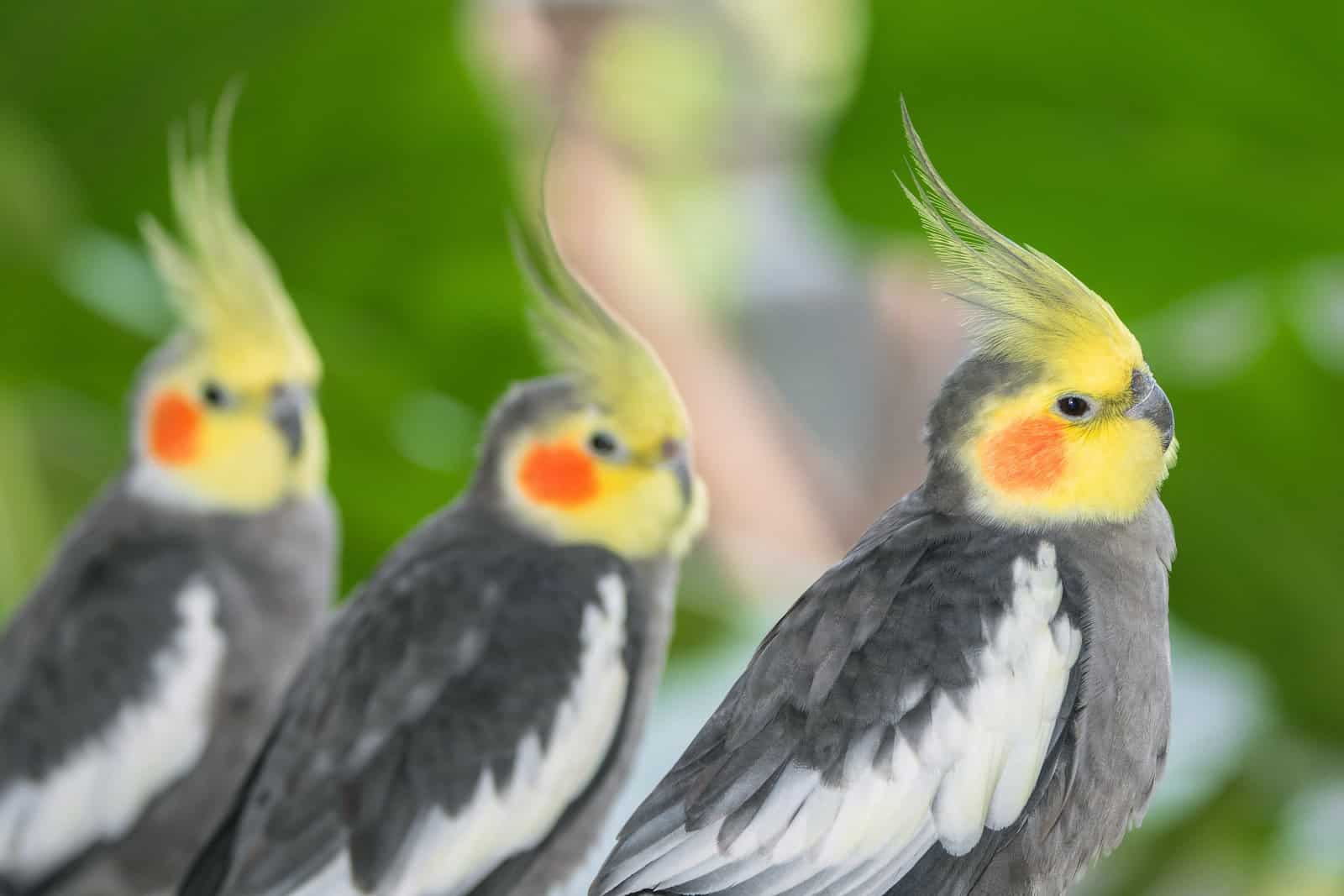
Cockatiels in captivity
These birds have a very long lifespan, which makes buying them a colossal decision. The owner has to care for the bird for decades. Cockatiels are loyal “to the bone.” They form a bond with their owners making it hard to connect with new owners, primarily adult cockatiels. The owner’s aim while getting a cockatiel, therefore, should be to keep them for their entire lifespan.
Why a cockatiel lifespan is 10-14 years
Cockatiels in the wild live a shorter life than those in captivity. This is because they face more life-threatening dangers than cockatiels in captivity.
A cockatiel in the wild experiences has to evade predators, migrate to find food and water, depending on its body to fight diseases, and find shelter from bad weather.
Predators
Cockatiels are mostly preyed upon by raptors in the sky while they feed on the ground. Other than their camouflage feathers and migrating in large flocks, these birds have no other proper defensive mechanisms. Cockatiels, therefore, respond to threats through a flight. They have a quick trip.
Cockatiels, however, communicate when there is a danger by whistling or through loud vocalizations. The more the predators, the shorter the lifespan of Cockatiel birds.
Food and water
Food and water are essential for the survival of any being live alone cockatiels. Flocks of cockatiels make long flights moving between foraging grounds, water sources, and roosting places.
They live near water sources and farmlands, feeding on cultivated plants and are considered pests in many parts of Australia. Farmers, therefore, set traps or kill them to protect their crops.
In the wild, cockatiels have no assurance of a daily source of food or water. In extreme and rare cases, they can die from hunger or thirst.
Diseases
Psittacosis is a disease that affects Cockatiels and can be transferred to humans. Many disease-causing bacteria infect Cockatiels in the wild. These cockatiels have to depend on their immune system to fight these diseases.
Not all cockatiels are born with a robust immune system, and many of them die at a young age while some as adults. Disease epidemics among birds are frequent, and mostly in migrating birds.
Cockatiels travel in large flocks and therefore are much prone to disease epidemics. This danger reduces their life expectancy.
Adverse weather conditions
Unfavorable weather conditions can either kill these birds or cause diseases. Wild cockatiels live in dry and hot regions. They are warm-blooded; therefore, extreme cold conditions can cause lethal harm to them thus shortening their lifespan. They adapt to changing weather and climate by migrating.
Maximizing cockatiel lifespan
Cockatiels are dependent on the humans keeping them. It is, therefore, up to the owners to give them a home and a long life. Diet is the key factor to consider when it comes to maximizing this bird’s lifespan. However, there are very many other factors to put into consideration, including; the environment the bird lives in, exercise, rest time, and veterinary services.
Diet
A proper diet is the best thing an owner can offer the bird. Cockatiels that live in the wild feed on a variety of situations. The owner should or at least try to feed the bird the same natural diet its cousins are feeding on in the wild. A healthy balanced diet for the cockatiel consists of more than one item.
Starting with high-quality commercial cockatiel pellets, the owner should supplement this with fresh fruits and vegetables. Cockatiels are sometimes picky eaters. The owner should, therefore, start feeding the bird a varied diet while it is still young so that it can get used to the menu.
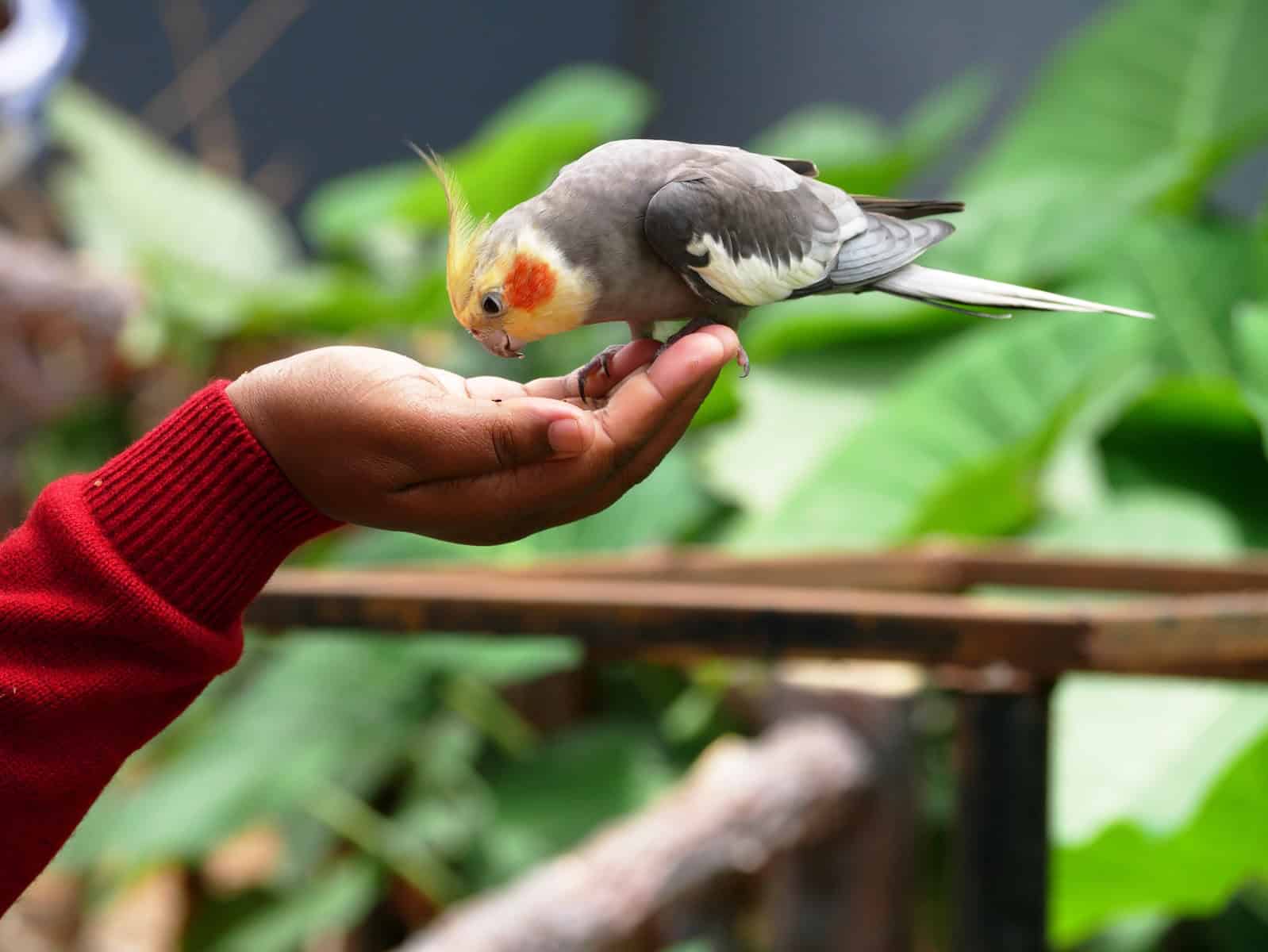
Chopping up or shredding all fresh foods into small bites is advised. Water must also be included in the bird’s meals.
Housing and Environment
Cockatiels in the wild like to travel in large numbers. Tamed cockatiels are therefore better when kept in twos or more. The bird owner should also make the cockatiel’s environment fun and engaging. This can be achieved by providing a suitable cage with perches and cockatiel toys. A good view of the outdoors and frequent noise from a TV or radio calms the cockatiel and also prevents boredom.
Exercise
Exercise is as vital for the cockatiel as it is for the owner. It helps maintain a healthy life. One or two flights per day, outside the cage, should be excellent.
Rest time
Eight hours rest time each night is advised in addition to the several naps the bird will take during day time. Covering the cage at night helps eliminate drafts.
Veterinary services
Proper and timely medical care and attention are essential to the pet cockatiel’s long and healthy life. At any signs of deviation from the typical bird’s behavior, the owner should always seek veterinary services.
Other factors
Apart from the factors mentioned above, various other factors will ensure a long life for the pet cockatiel bird. These include:
- Hygiene
- Socialization with humans
- Stress-free environment
Conclusion
Cockatiels are amazing and lovable birds. They can become perfect life companions. With a little love and care, cockatiels respond with a lifetime of love and loyalty. The lifespan of a pet cockatiel largely depends on the home their owners give them.
They deserve more than just a healthy diet or excellent living conditions. They deserve to be loved. After performing all these responsibilities, the cockatiel will undoubtedly live for a very long time.

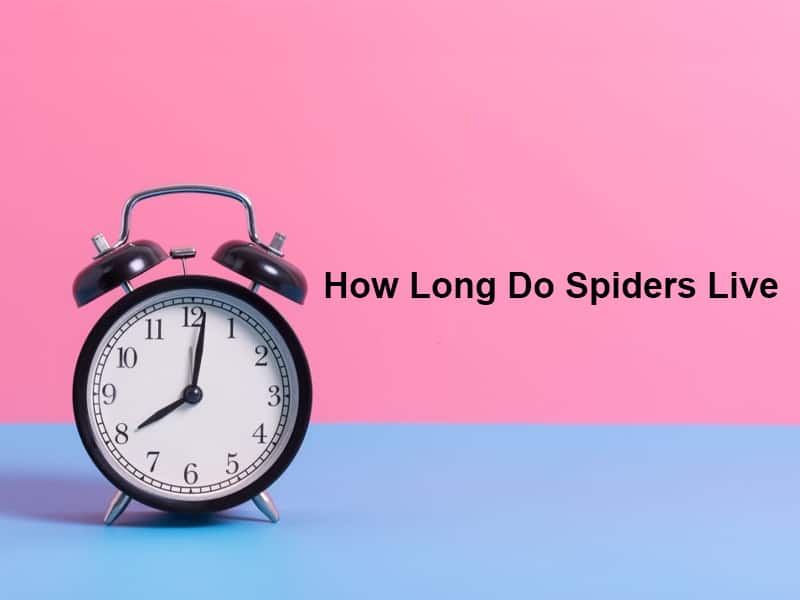
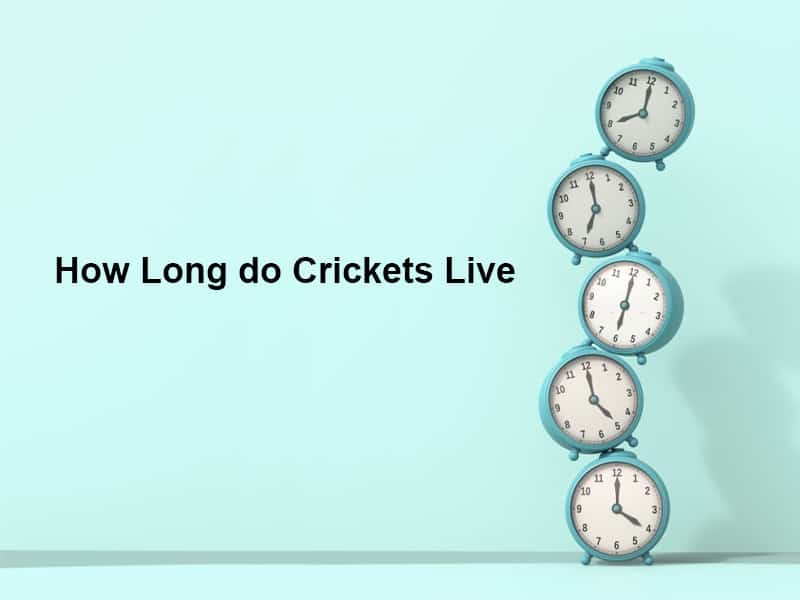
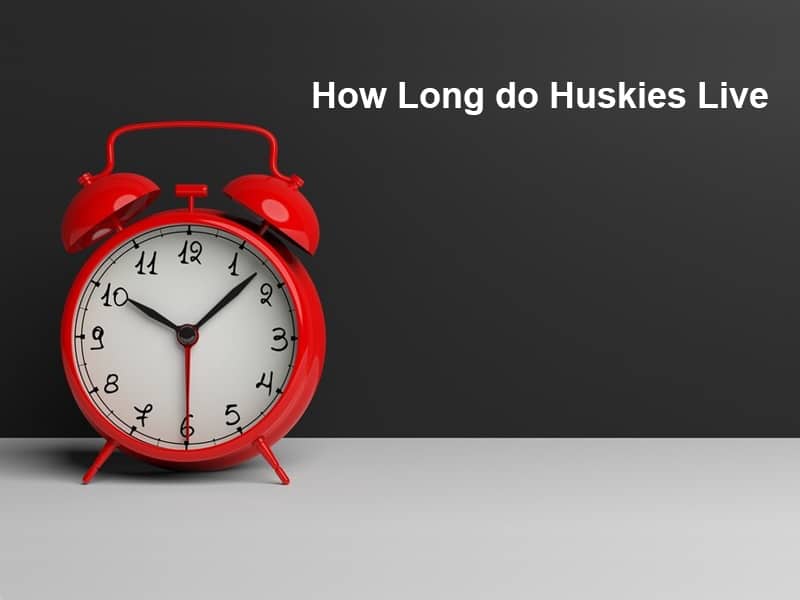


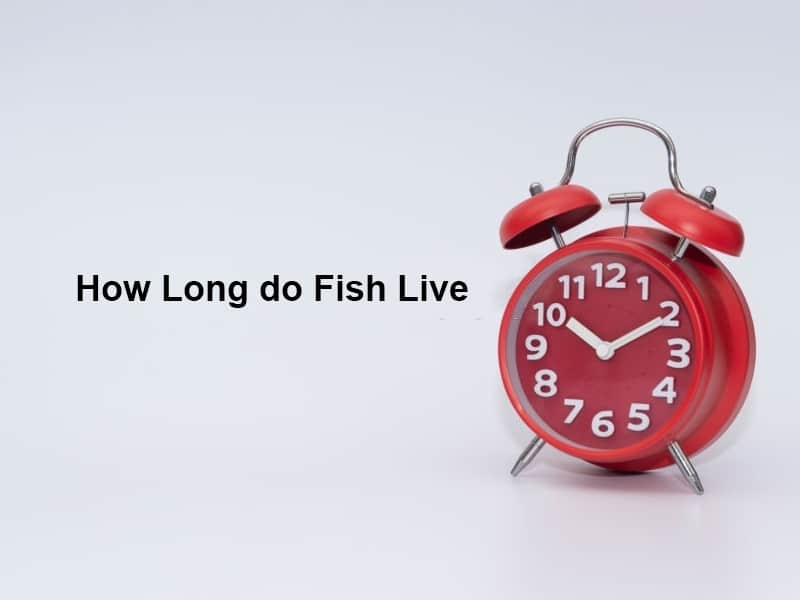
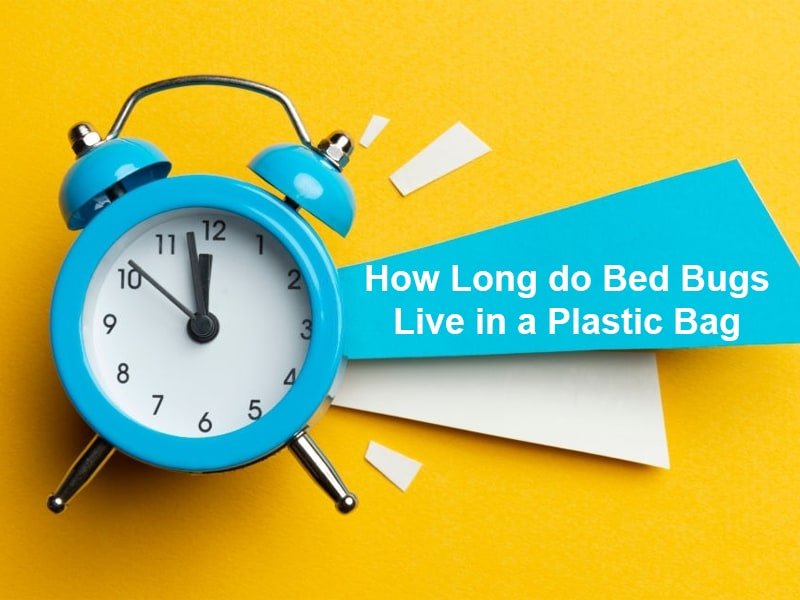
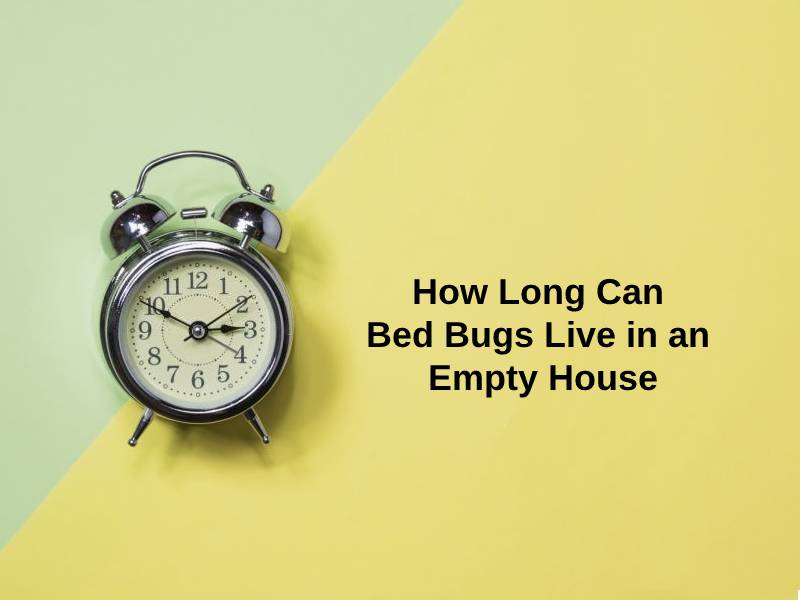

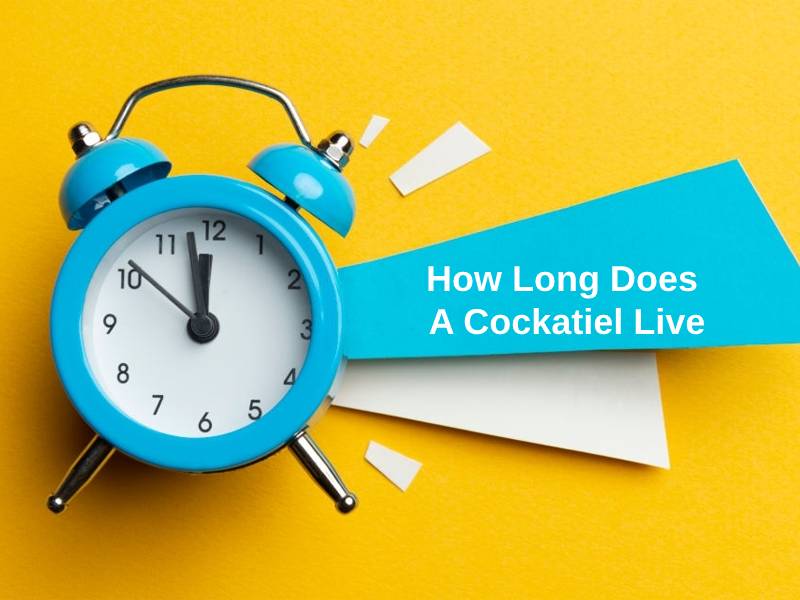
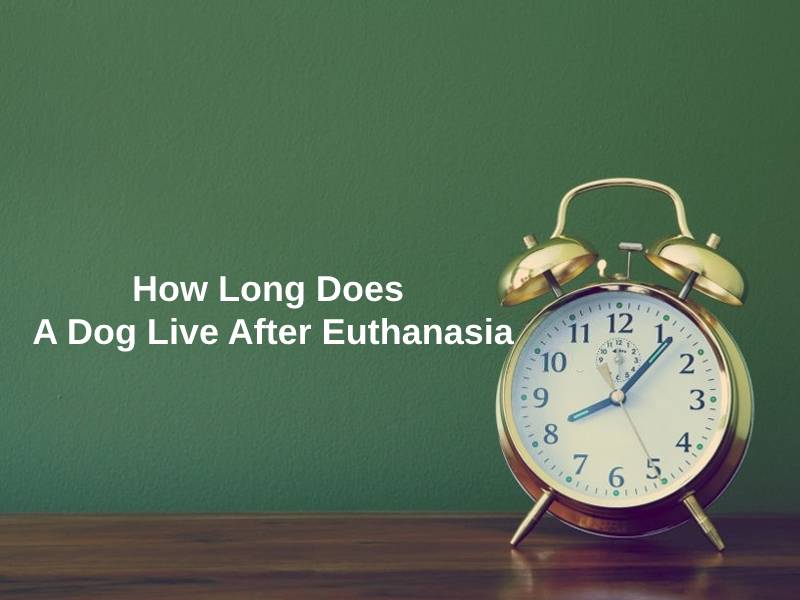
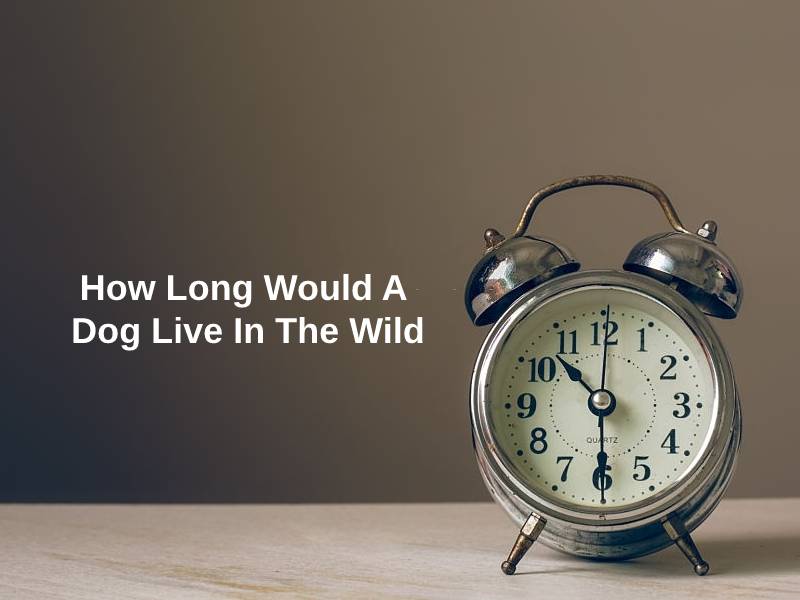
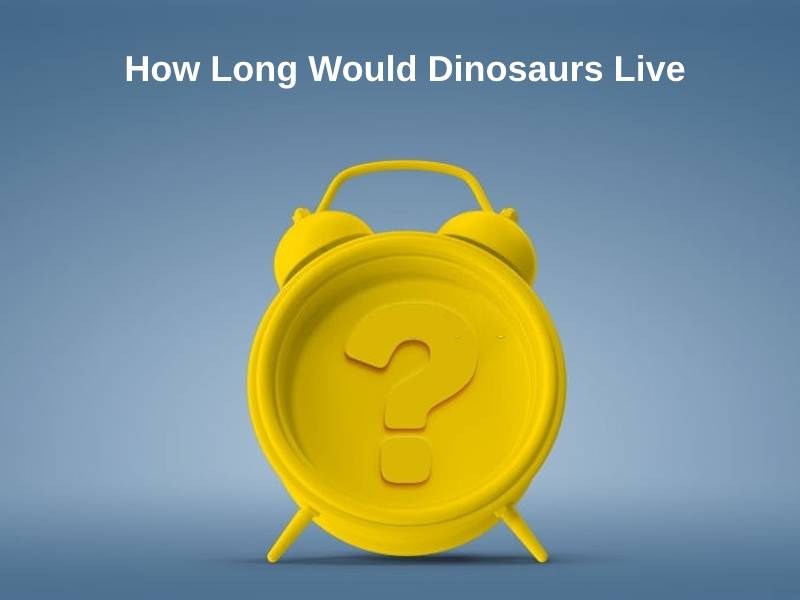
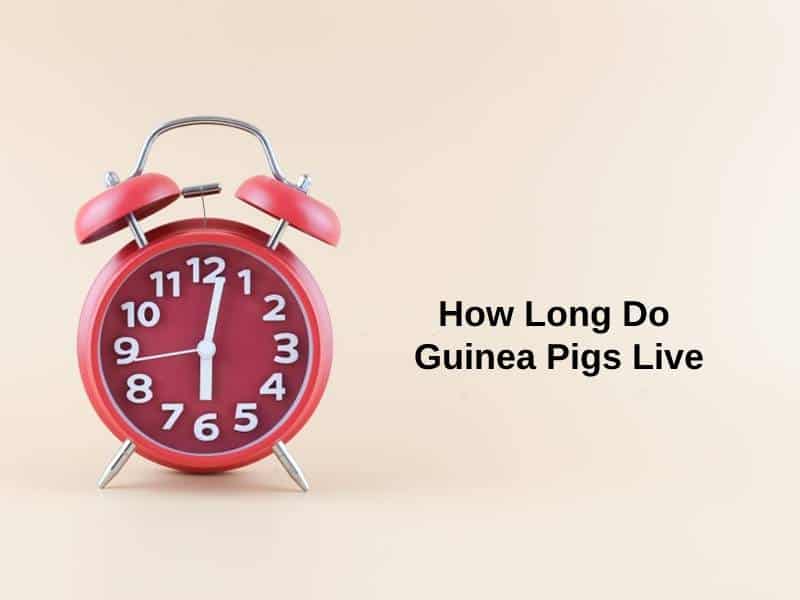
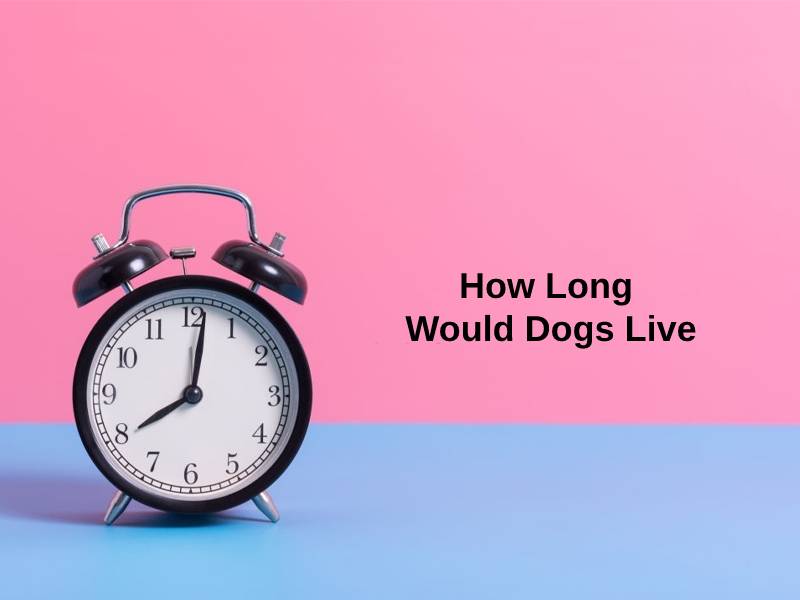
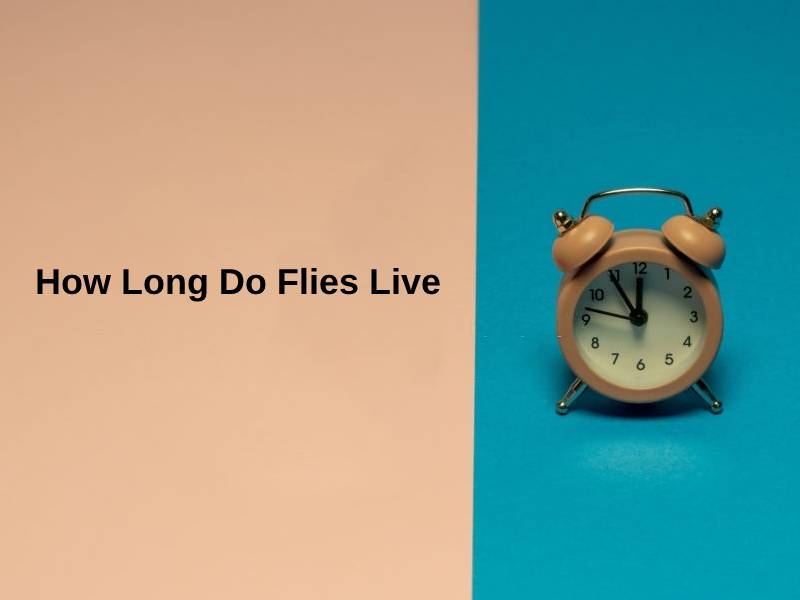
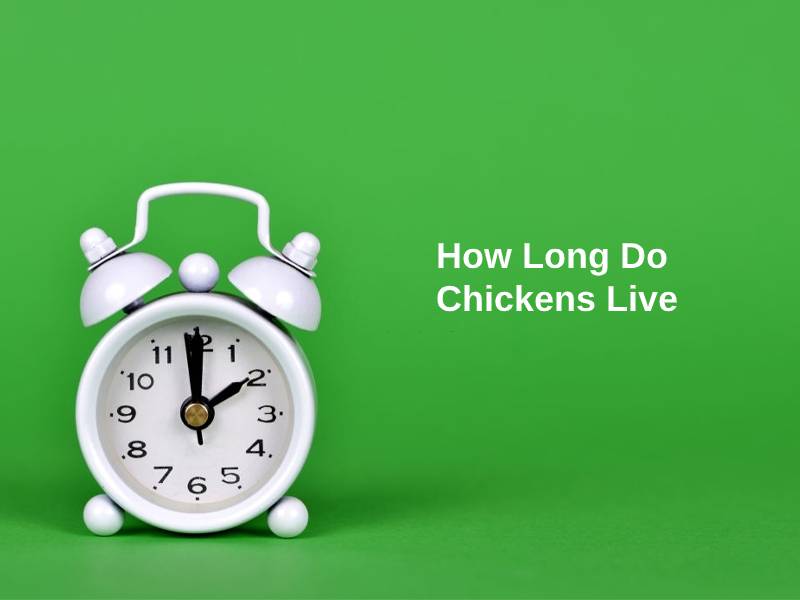
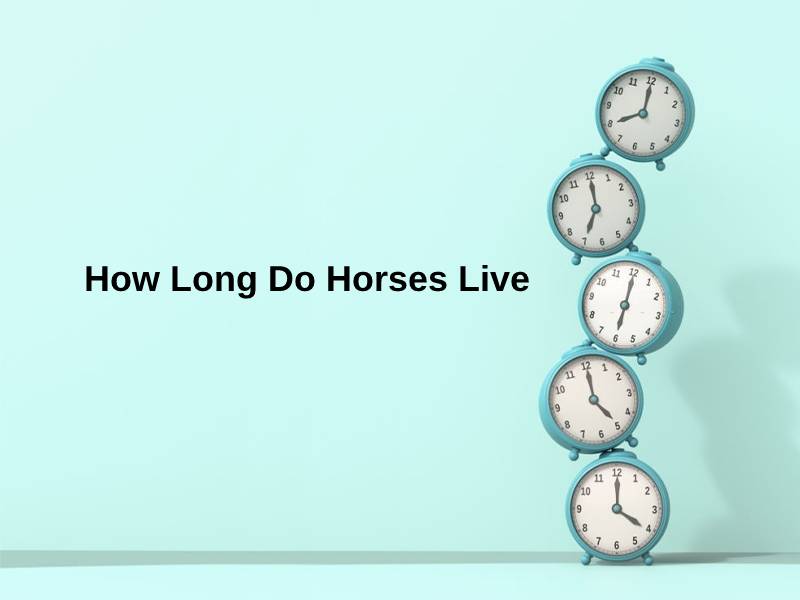
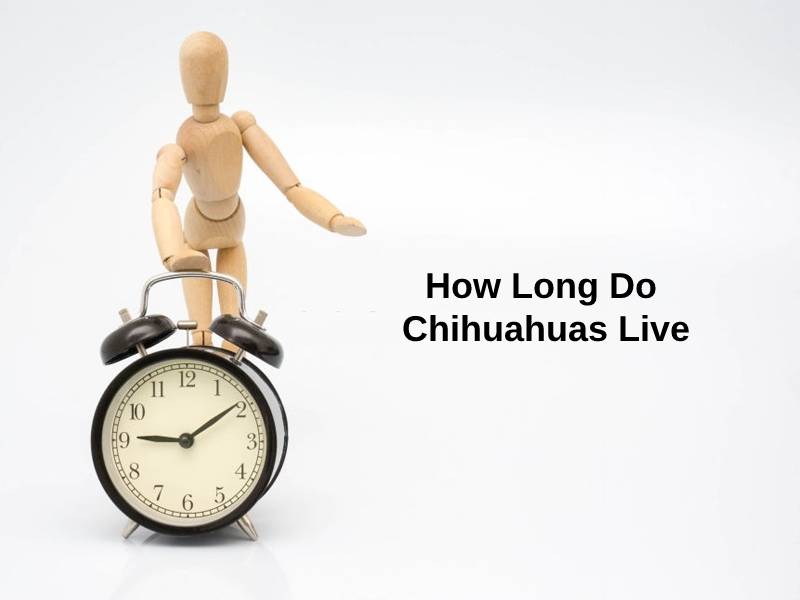
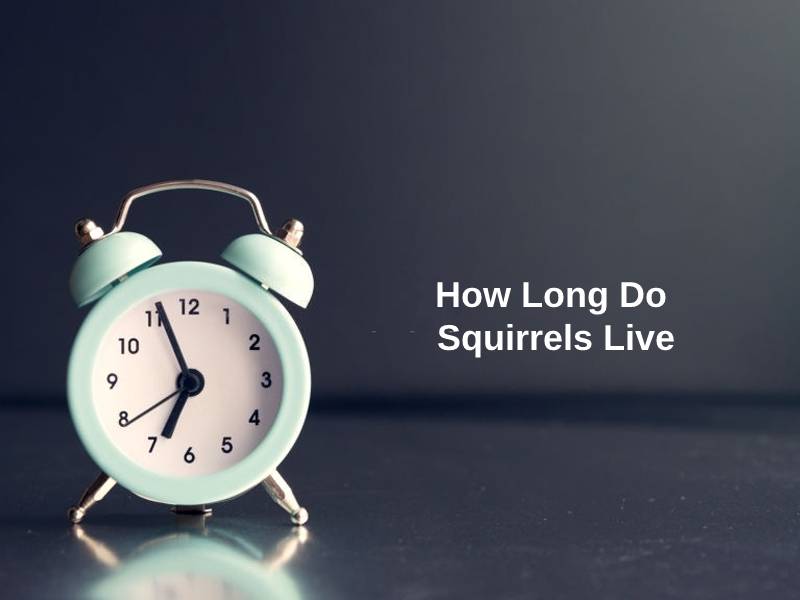
This article has provided essential knowledge about the factors that contribute to the lifespan of cockatiels. It is crucial for pet owners to be aware of the environmental and health considerations that impact their birds.
The notion of maximizing cockatiel lifespan through proper care and diet is of particular interest. This article has left me with valuable insights into how to ensure these birds lead long and healthy lives in captivity.
While the article is informative, it may benefit from a more engaging narrative to capture the reader’s attention. Introducing anecdotes or stories about specific cockatiels could enhance the emotional connection to the subject matter.
I believe cockatiels are fascinating creatures, and the information provided here has expanded my understanding of their natural environment and the challenges they face. Thank you for this comprehensive explanation.
While the topic is interesting, this article could have delved deeper into the scientific research behind cockatiel lifespan. It would have been beneficial to include more scholarly references to support the information.
This article provides an intriguing insight into the complexities of caring for and understanding the lifespan of Cockatiels. I appreciate the thorough explanation of the factors affected by a cockatiel’s lifespan, such as diet, weather, and predators.
I appreciate the emphasis on the importance of diet in maximizing the lifespan of cockatiels. It’s essential for owners to understand the dietary needs of these birds to ensure their well-being and longevity.
The comparison between wild cockatiels and those in captivity highlights the impact of human intervention on their lifespan. This is a reminder of our responsibility to care for these animals when they are under our care.
The detailed explanation of the challenges faced by cockatiels living in the wild sheds light on the complexity of their natural habitat. It’s enlightening to understand the various factors that influence their lifespan.
I find the details about the lifespans of cockatiels, both in the wild and in captivity, to be quite enlightening. It’s essential to understand the full scope of their needs and potential dangers.